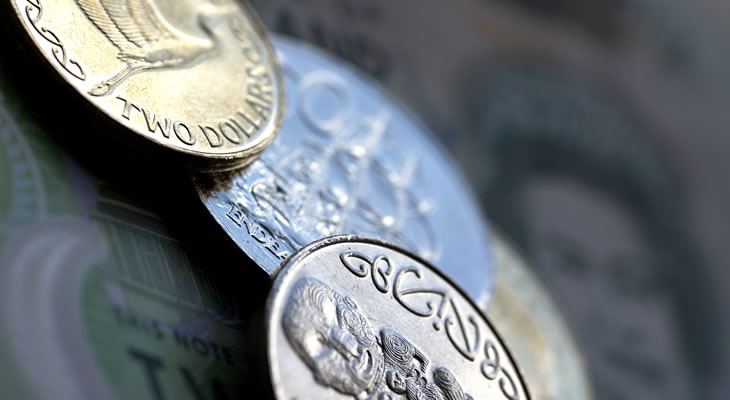The outlook for the Pound New Zealand Dollar exchange rate has risen this week on news that inflation in the UK soared to 3% in September and that wage growth continues to lag behind – two variables that are having an impact on Bank of England (BoE) rate hike bets.
Lagging UK Wage Growth Triggers GBP NZD Exchange Rate Fluctuations
Pay growth in the UK has trailed behind inflation once again, according to official data from the Office for National Statistics (ONS).
UK workers’ total earnings (bonuses included) rose annually by 2.2% in the three months to August 2017. This was the same pace demonstrated in the previous period and punched above the forecast of a 2.1% rise.
Excluding bonuses, however, wages rose by 2.1% year-on-year, down from 2.2% previously.
This news illustrated that real wages are continuing to shrink, with inflation having also jumped to 3% in September.
In other, slightly more positive news, the ONS reported that the UK’s unemployment rate has remained steady at 4.3% – its lowest point since 1975.
Despite poor wage growth being bad for households, the news has since driven GBP NZD higher, with markets expecting the Bank of England (BoE) to increase interest rates to 0.50% on 2nd November.
Beyond this, five out of nine BoE officials are now classified as hawkish, with three centrist and only one, (Silvana Tenreyro), deemed dovish.
New Zealand Dollar Demand Diminishes as Dairy Prices Fall
The near-term outlook for the ‘Kiwi’ Dollar has darkened following the recent results of the fortnightly global dairy price auction.
The auction resulted in another drop in global dairy prices, with the average price sliding 1%, hitting $US3204 a tonne and marking a six-month low.
This news quickly chipped away at the value of the ‘Kiwi’ Dollar, with dairy being New Zealand’s primary export.
NZ Coalition Announcement Due Thursday – NZD Volatility Ahead
Beyond this, the upward potential of the ‘Kiwi’ remains limited by New Zealand’s on-going political situation, with Winston Peters, (leader of NZ First) still yet to publically announce which party he will be backing with a coalition.
A recent meeting of the party’s leadership failed to effectively fix the deadlock, though positive sentiment has increased somewhat today with the party announcing that they will officially ‘come off the fence’ on Thursday.
Very little beyond this has been given away at this point, leaving no clear consensus on whether Peters will move right or left.
Markets will likely react better to a coalition with National, rather than labour, as National is generally regarded as the more ‘economically minded’ of the two parties.
If this occurs then the ‘Kiwi’ Dollar may claw back some losses, but with the BoE currently on track for a rate hike in November, Sterling could prove hard to topple.


Comments are closed.